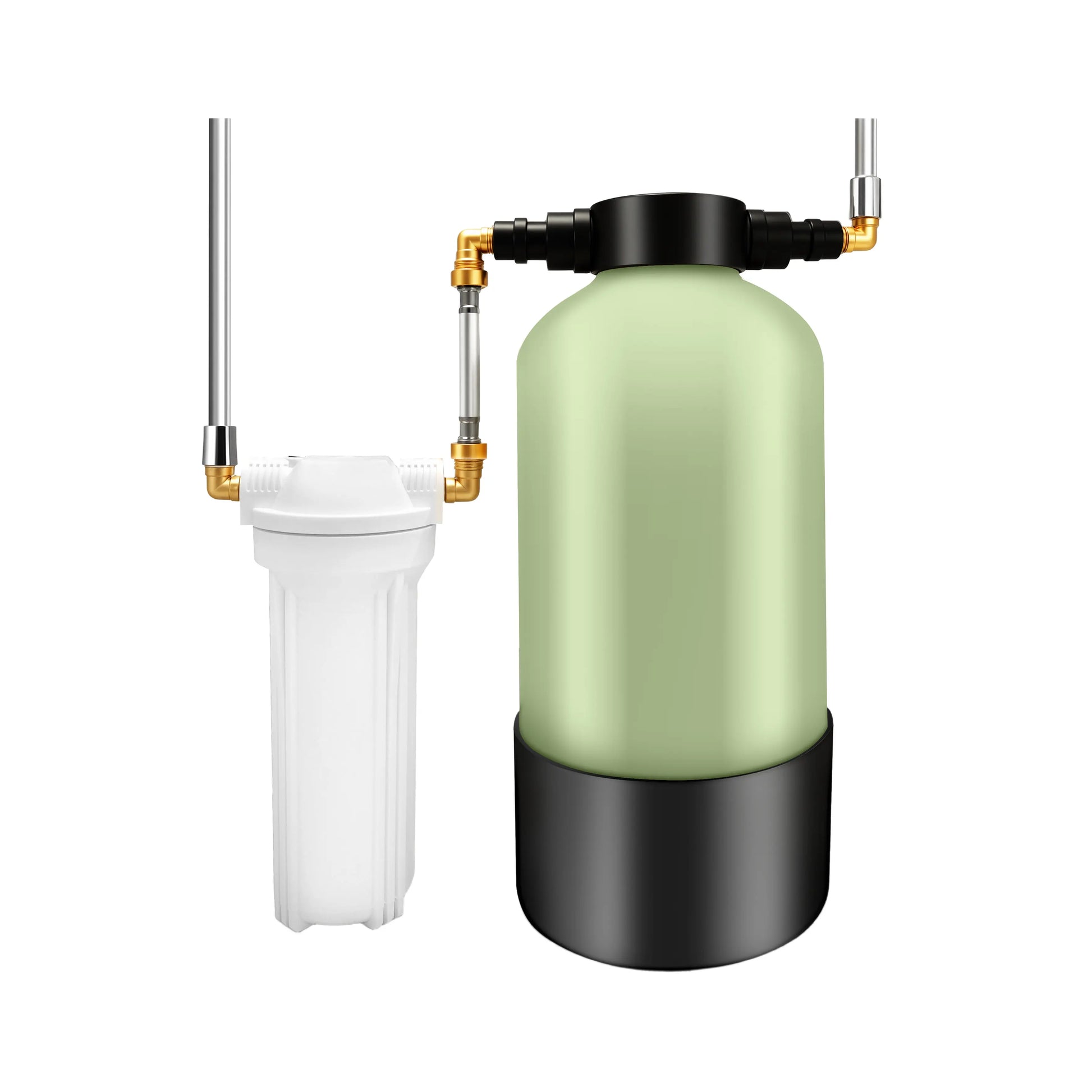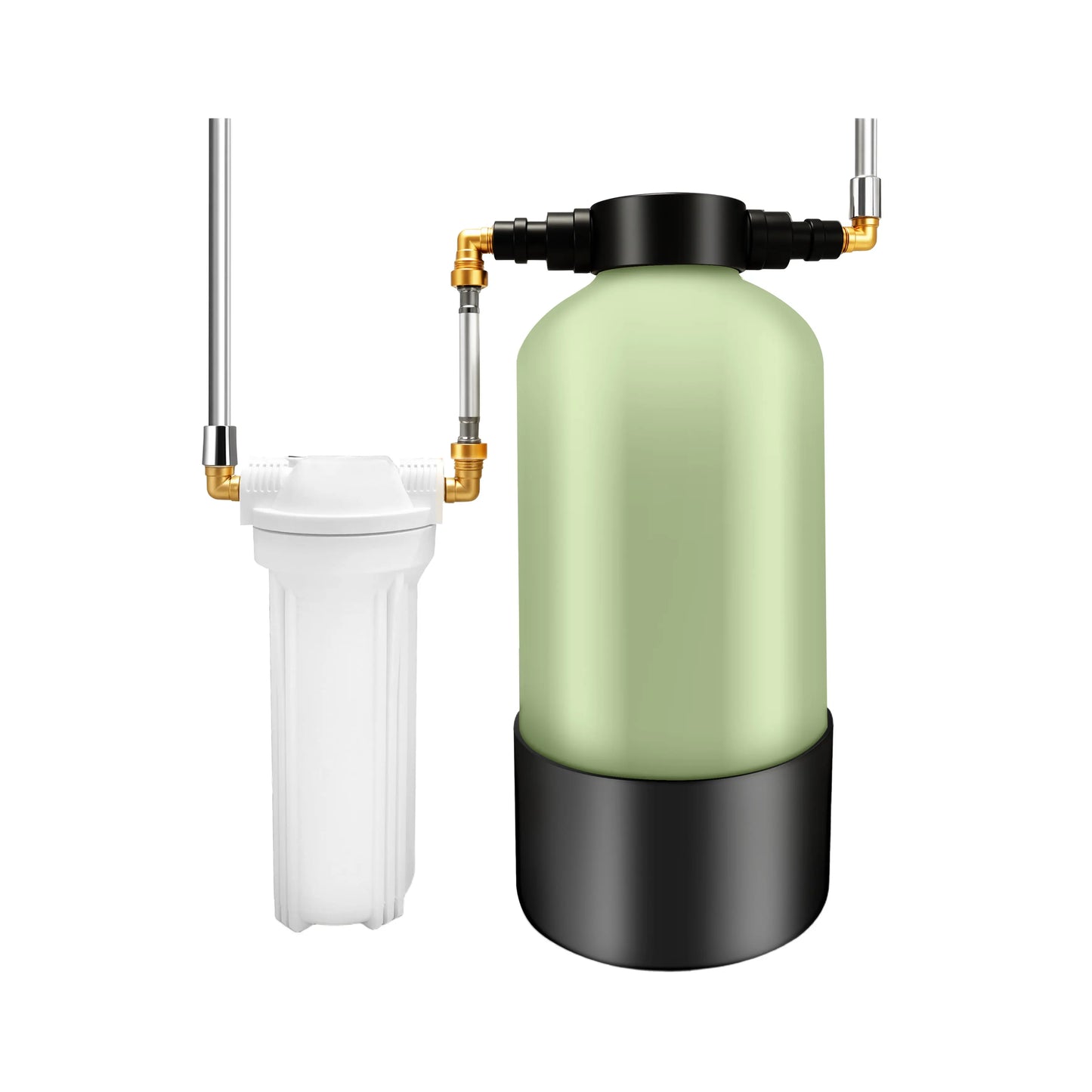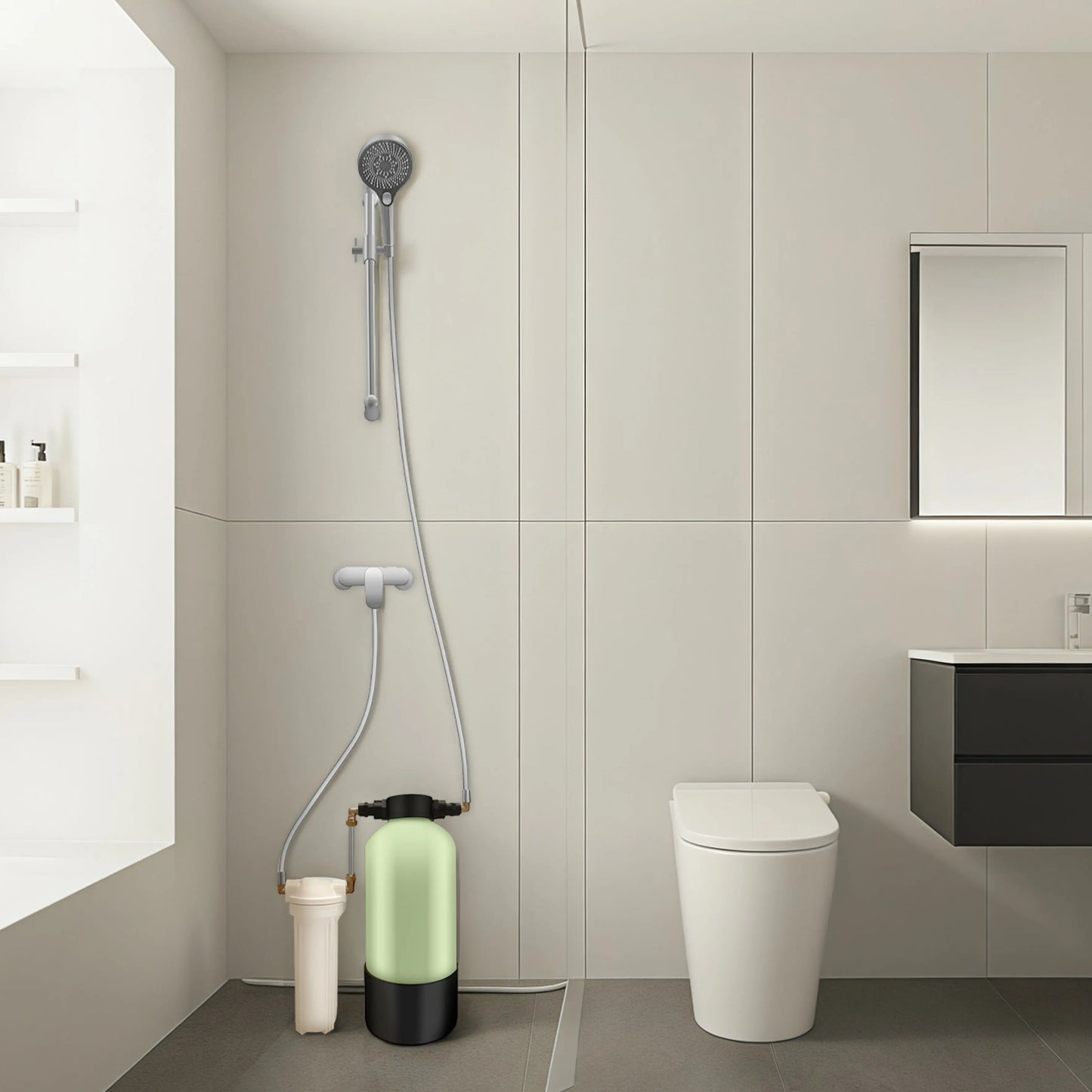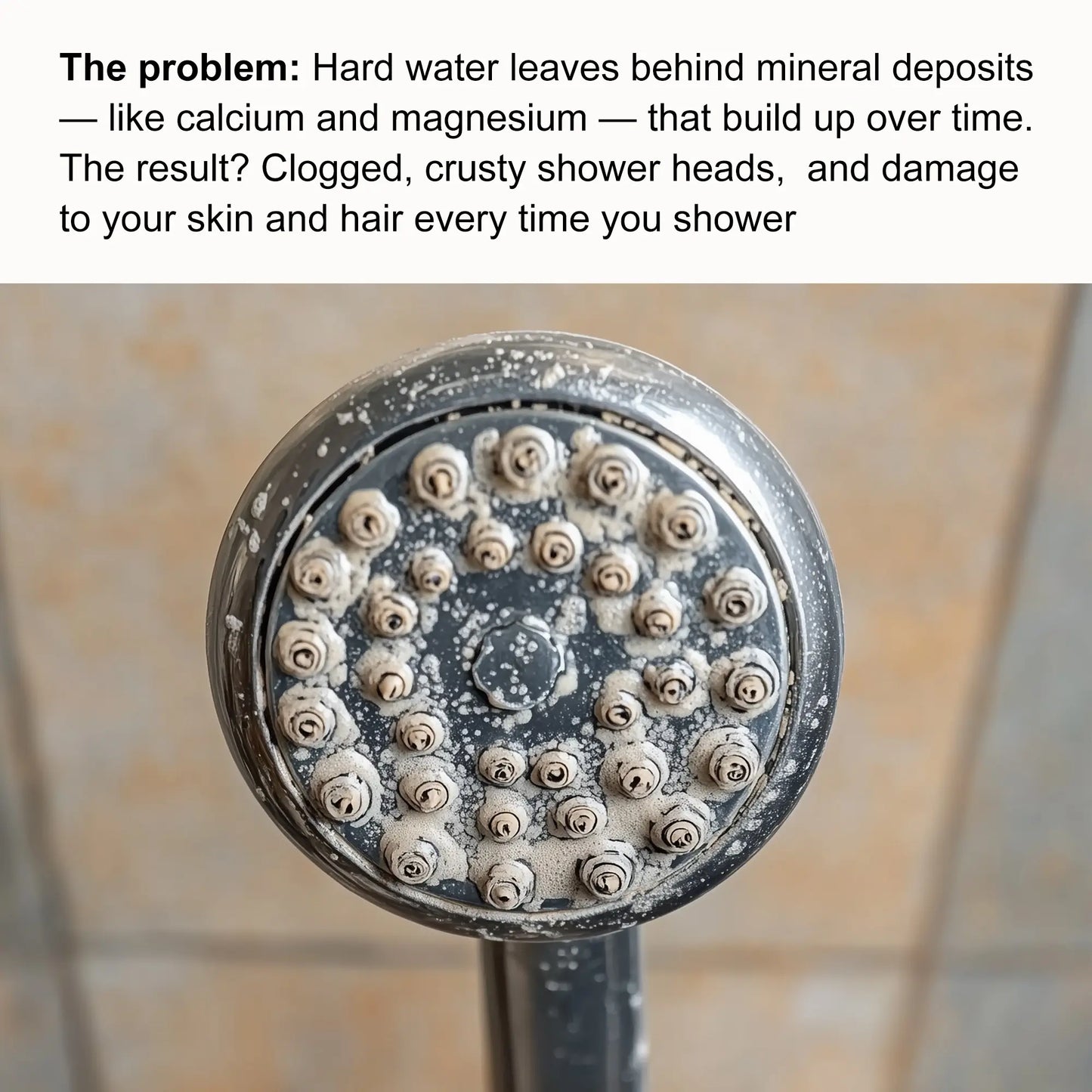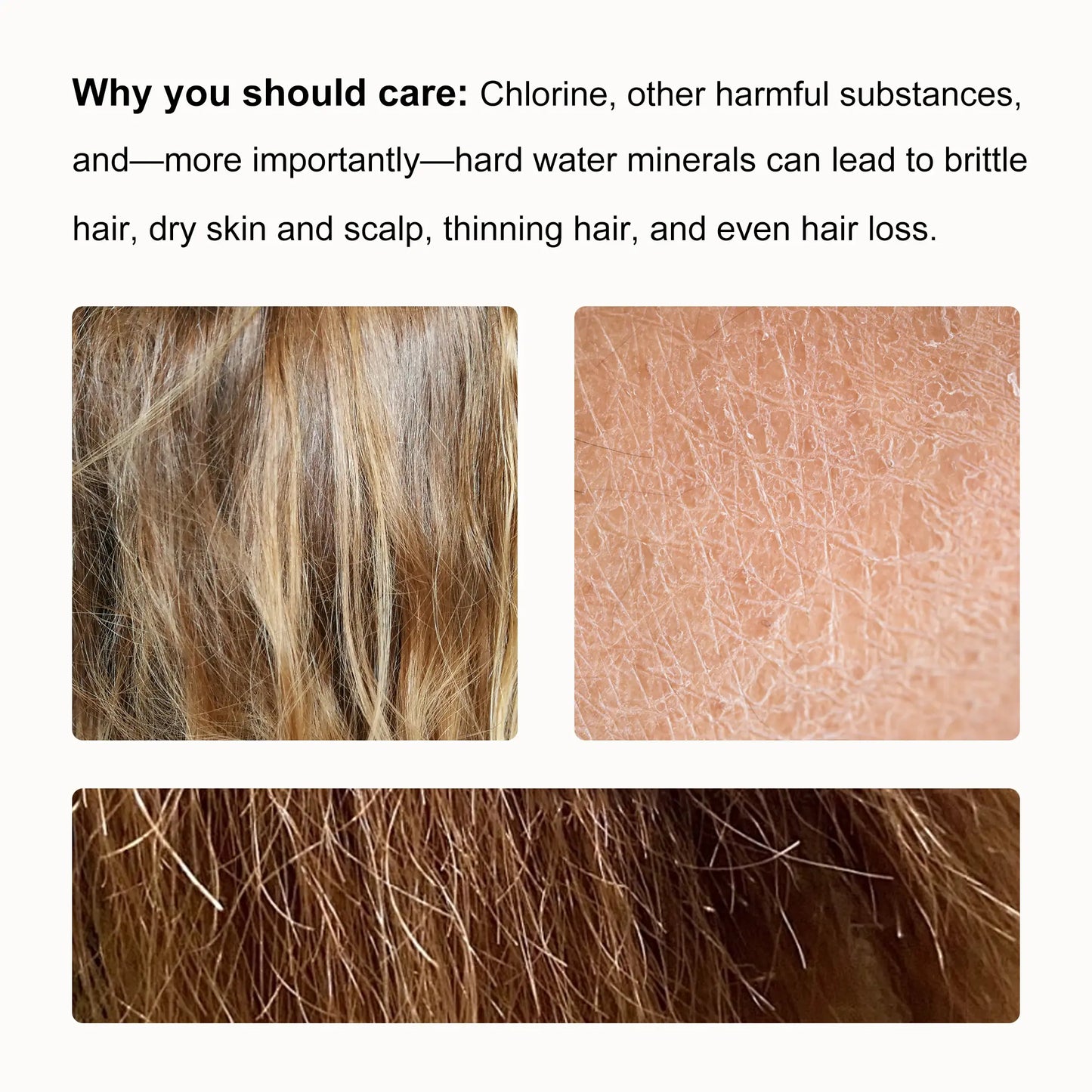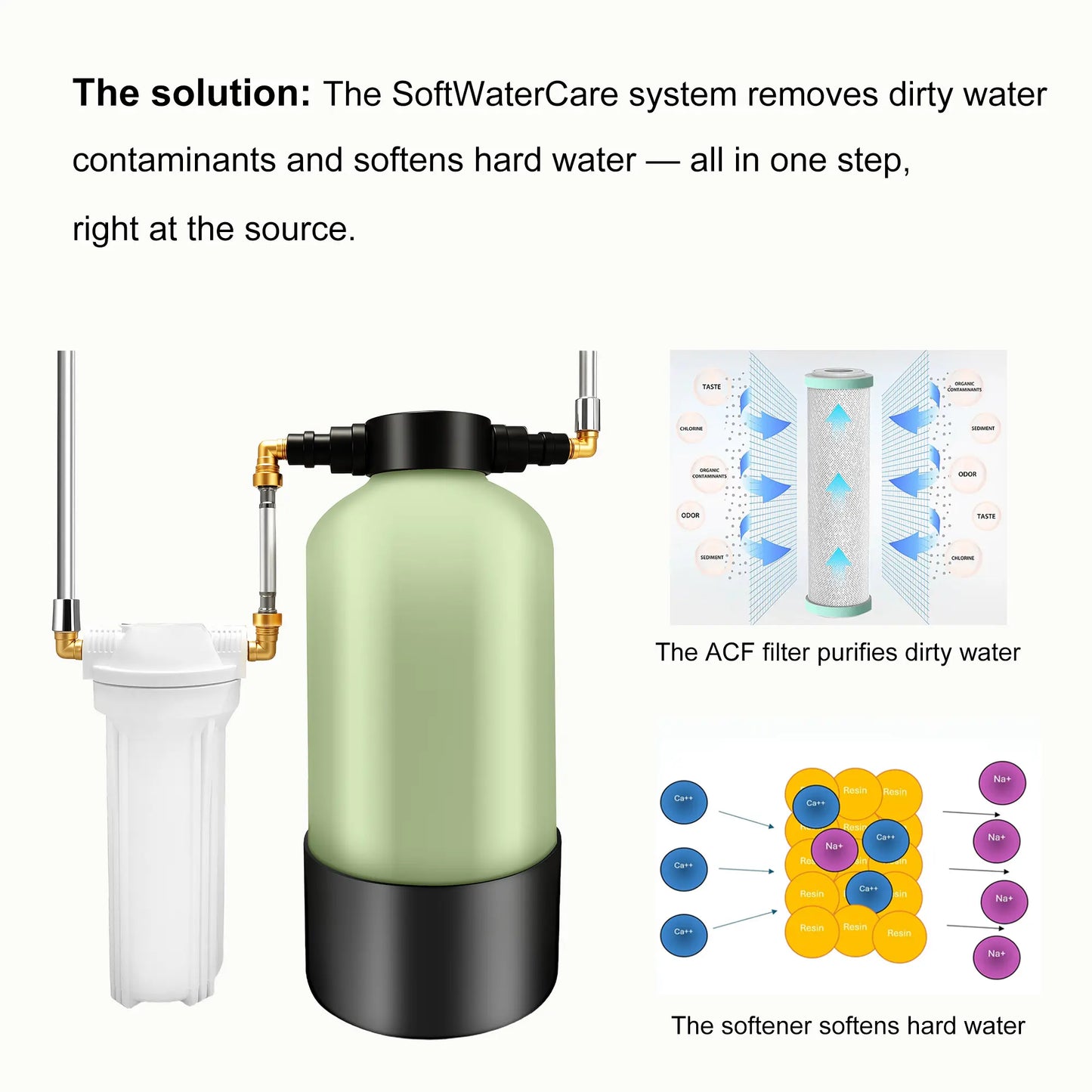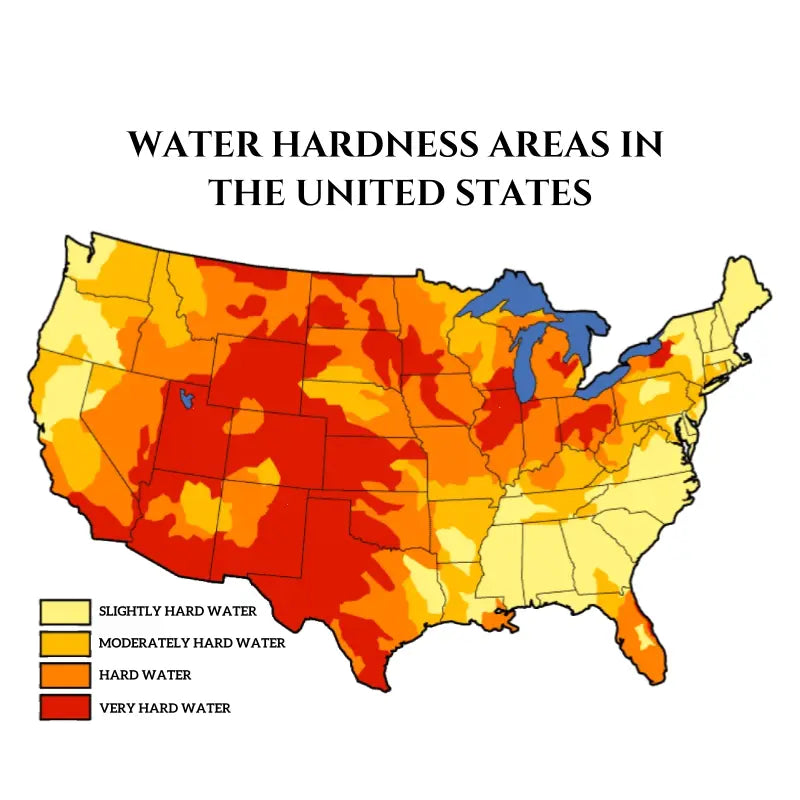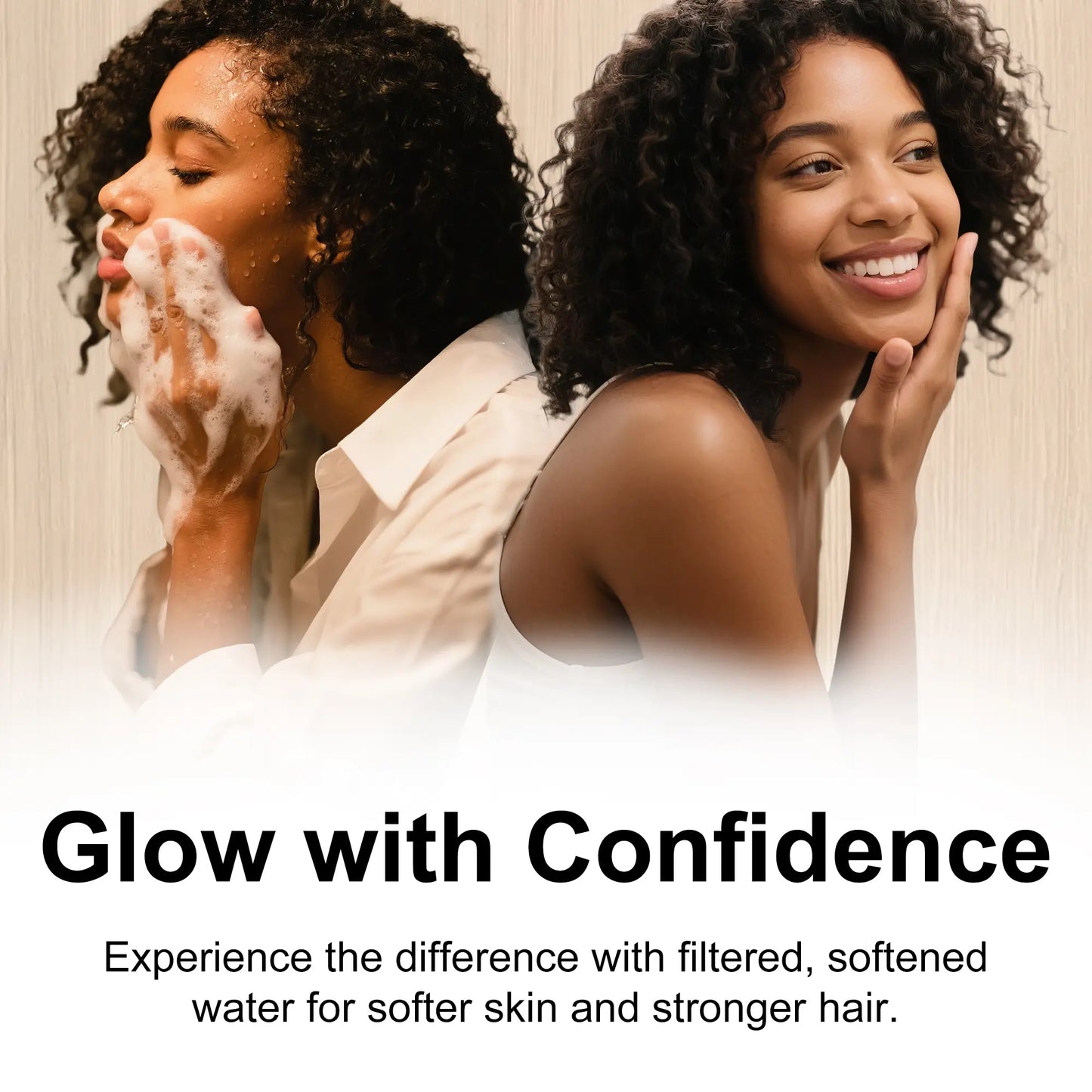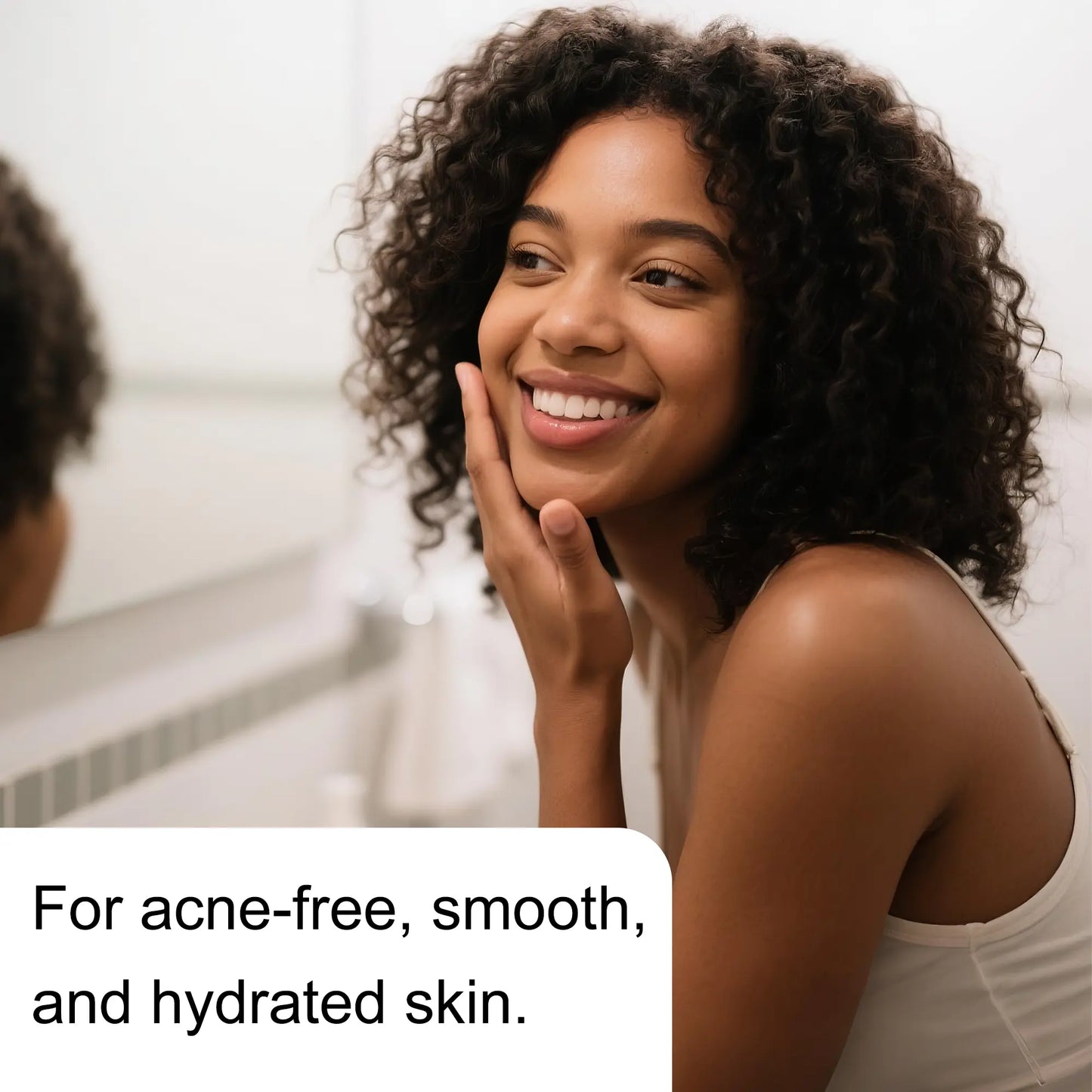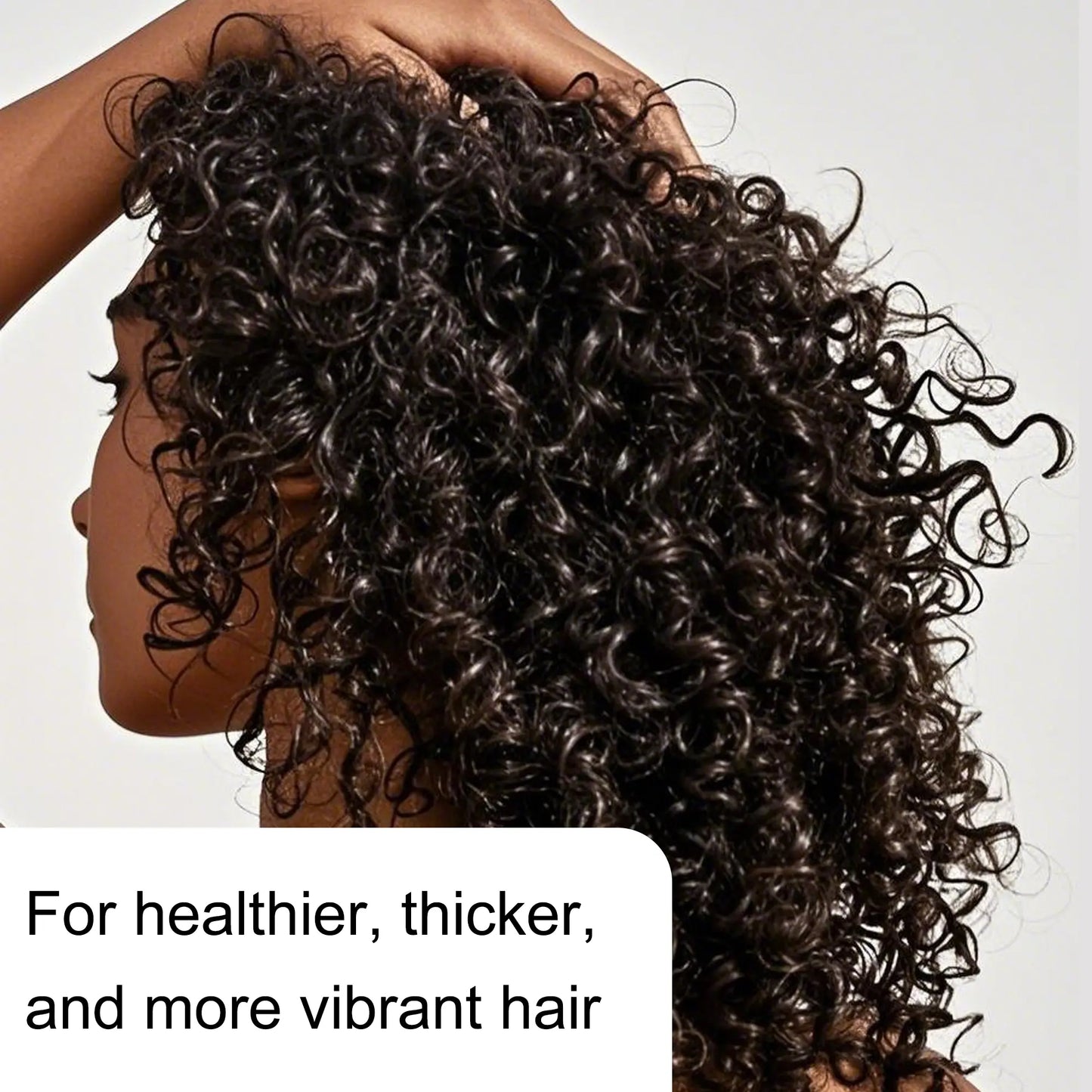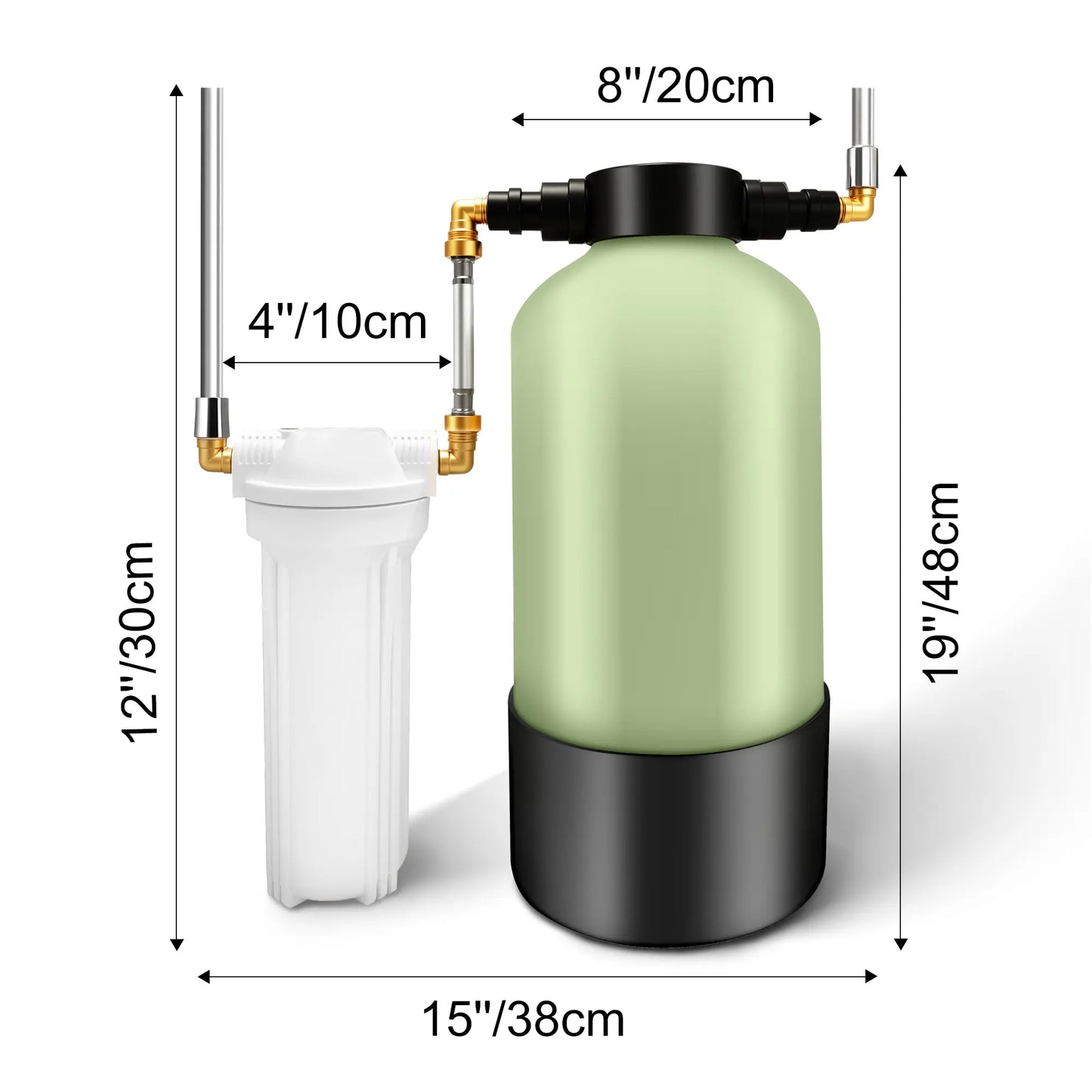If you have sensitive skin, you probably know the struggle of finding skincare products that don’t sting, burn, itch, or leave your face red and irritated. Sensitive skin can react to almost anything: fragrance, alcohol, weather, stress—and sometimes even plain water.
That’s why more and more people are turning to water-based skincare routines as a gentler, lighter approach. Water-based products are typically free of heavy oils or comedogenic ingredients, making them perfect for skin that reacts easily. But there’s one detail most people overlook in their sensitive skin routine: the actual water you’re using every day.

What Is a Water-Based Skincare Routine?
A water-based skincare routine is built around products that use water (aqua) as their base ingredient rather than oils or alcohols. These formulas are often lightweight, fast-absorbing, and non-greasy—ideal for sensitive, acne-prone, or combination skin types.
Why Sensitive Skin Loves Water-Based Products
Sensitive skin typically has a weakened moisture barrier. That means it’s more likely to lose hydration and more vulnerable to environmental irritants. Water-based products focus on hydrating and soothing the skin without overwhelming it. They’re often free from pore-clogging oils, drying alcohols, and synthetic fragrances—common culprits for irritation.
Additionally, water-based products layer allows you to build hydration gradually. Instead of smothering your skin with one thick cream, you're giving it small sips of moisture throughout the routine. This mimics how healthy skin naturally regulates hydration and helps reinforce a calm, resilient barrier.
But even the gentlest water-based routine can hit a wall if your skin is being exposed to the wrong kind of water.
The Overlooked Irritant: Your Tap Water
If your skin still feels tight, dry, or red after using sensitive-skin products, it may not be the serum or moisturizer that’s to blame. It could be your tap water. Most people don’t realize how much the quality of their water affects their skin. Water isn’t just the first ingredient in your products—it’s what touches your face every time you cleanse. If your water is hard, it could be doing more damage than you think.
What Is Hard Water and How Does It Affect Your Skin?
Hard water contains high levels of calcium and magnesium—minerals that leave behind residue as the water evaporates. While these minerals are safe to drink, they can wreak havoc on your skin.
Here’s how hard water can irritate sensitive skin:
It disrupts your skin barrier by leaving a mineral film on the surface, which blocks moisture and active ingredients from absorbing properly. Thus, cleansers would be less effective, causing you to scrub more or use more product to feel “clean.”
The problem would be more obvious after long showers or having a shower with high water temperatures. It also increases the risk of flare-ups for people with eczema, rosacea, or general hypersensitivity. Consequently, even if you use a mild, water-based cleanser, washing with hard water can cancel out its benefits.
The Soft Water Solution
Based on factors mentioned above, if you’re serious about protecting your sensitive skin, soft water may be a good option.
Soft water is water without calcium and magnesium ions, which makes it smoother, rinses cleaner, and gentler on your skin.
With soft water, mineral layers that prevent effect of skin products would not build on your skin. As a result, serums and moisturizers absorb more effectively, enhancing their soothing and hydrating effects. Plus, less cleanser is needed, which means fewer surfactants on your skin as it is easier to risen dusty matters off.
Many people who switch to soft water report fewer flare-ups, more consistent hydration, and a calmer, more balanced complexion—often without changing a single product.
Here is some guidance regarding the use of soft water for skin care:
1. Install a shower softener. For example, the water softener from Soft Water Care may be a good choice. A softener attached to your showerhead or bathroom faucet can significantly reduce the mineral content in your water. It’s an easy, affordable way to make your cleansing routine more skin-friendly. Some companies selling water filters claim that their products can soften hard water. In fact, a water filter can only remove pollutants such as chlorine instead of removing ions.
2. Use Micellar Water or Thermal Water for Rinsing
If a filter isn’t an option, consider using micellar water or mineral thermal water to do a final rinse after cleansing, especially on your face.
3. Pat, Don’t Rub
Hard water can increase mechanical irritation. Always pat your skin dry gently with a clean, soft towel.
Final Thoughts
Water-based skincare routines can be a dream for sensitive skin—lightweight, gentle, and focused on hydration. However, sometimes even the best-formulated products might not work the way they should. In this case, take a closer look at what’s coming out of your faucet may give some clues. Sometimes the key to calmer, healthier skin isn’t in another new product—it’s simply in switching to softer water.
References
Chen, B., Tang, H., Liu, Z., Qiao, K., Chen, X., Liu, S., Pan, N., Chen, T., & Liu, Z. (2024). Mechanisms of sensitive skin and the soothing effects of active compounds: A Review. Cosmetics, 11(6), 190. https://doi.org/10.3390/cosmetics11060190
Goh, C., Wu, Y., Welsh, B., Abad‐Casintahan, M. F., Tseng, C., Sharad, J., Jung, S., Rojanamatin, J., Sitohang, I. B., & Chan, H. N. (2022). Expert consensus on holistic skin care routine: Focus on acne, rosacea, atopic dermatitis, and sensitive skin syndrome. Journal of Cosmetic Dermatology, 22(1), 45–54. https://doi.org/10.1111/jocd.15519
Warren, R., Ertel, K. D., Bartolo, R. G., Levine, M. J., Bryant, P. B., & Wong, L. F. (1996). The influence of hard water (calcium) and surfactants on irritant contact dermatitis. Contact Dermatitis, 35(6), 337–343. https://doi.org/10.1111/j.1600-0536.1996.tb02414.x

